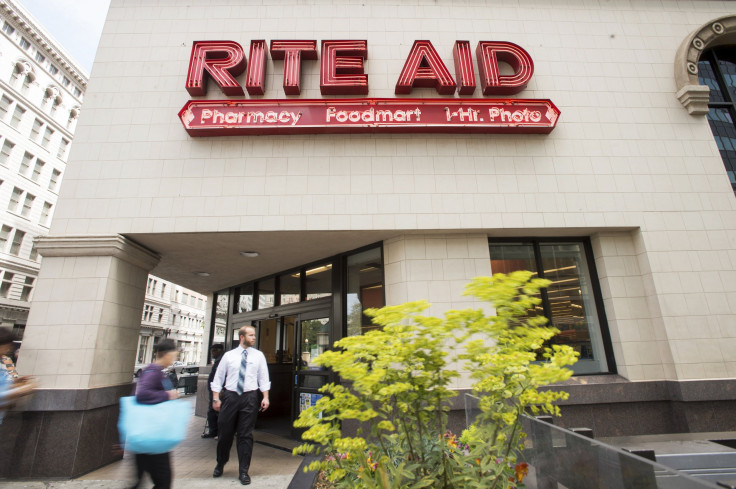Rite Aid Store Closings 2022: Struggling Pharmacy Retailer To Shutter 145 Locations
Rite Aid (RAD) said it will be closing 145 of its “unprofitable” stores as it looks to significantly reduce its costs as it moves into the next fiscal year.
The struggling drug store and pharmacy chain made the announcement during the release of its fiscal 2022 Q4 earnings report, where it said the 145 closures included 63 stores that were previously announced in December.
Rite Aid has come under fire in recent months as it continues to report numerous losses, which lingered on Thursday with its fourth-quarter earnings as the retailer reported a net loss from continuing operations of $389.1 million.
Total revenue from continuing operations was up 2.5% to $6.07 billion compared to the previous year, according to the company.
Rite Aid president and CEO Heyward Donigan said in a statement, “We exceeded our 2022 plan amid continuing challenges of the COVID-19 pandemic. As we look forward to the year ahead, we are ready and energized to compete in a new post-pandemic normal.”
Rite Aid, which has more than 2,451 retail stores in 18 states, was downgraded by Deutsche Bank analyst George Hill earlier in the month, who suggested that the retailer may go out of business, slashing its price target from $16 down to $1, according to Business Insider.
Hill said in his report that Rite Aid could go under due to its $3.2 billion debt load after aggressive expansion plans that didn’t go as planned and the inability to generate enough cash to stay viable.
Upon the release of Hill’s report, Rite Aid’s shares dropped 24% to $6.45.
With Thursday’s earnings report, Rite Aid announced a fiscal 2023 adjusted EBITDA outlook in the range of $460 million to $500 million. It also said that it plans on saving $170 million through its cost rationalization program, which included closing stores.

© Copyright IBTimes 2025. All rights reserved.





















